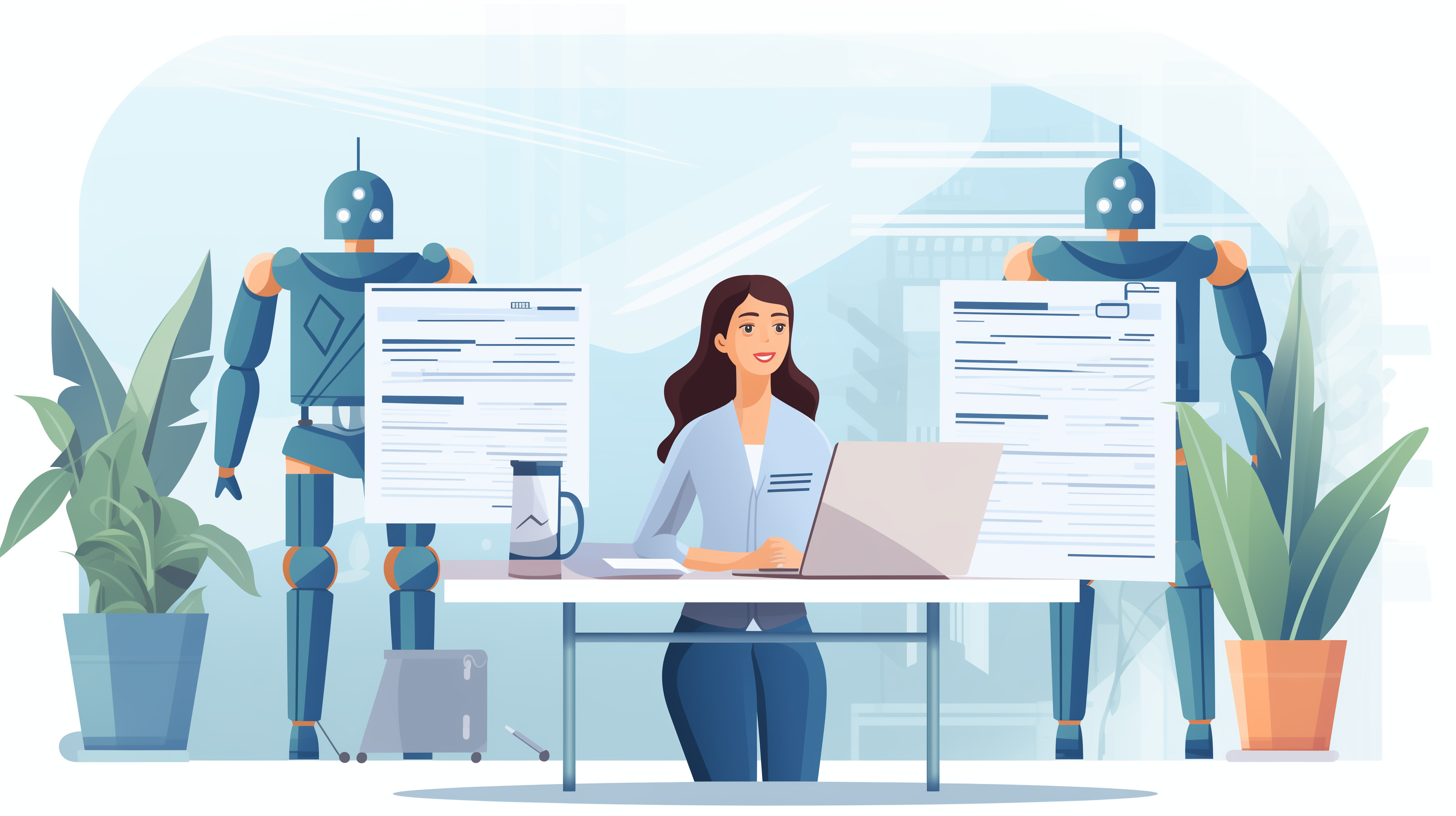7 Key Factors to Consider When Choosing an AI Recruitment Tool

Planning to invest in an AI recruitment tool for the first time? With AI hailed as the next big thing in hiring, it makes sense to invest in a recruitment tool that integrates AI.
But here’s the thing. Your investment should pay off eventually. It should help your hiring team work more efficiently and improve your company’s competitiveness rather than end up as a clunky tool no one can use.
Here are a few factors you should consider when investing in an AI-powered recruitment tool:
1. Type of AI Recruitment Tool
AI recruitment tools come in many forms. While it’s easy to get carried away by the variety of offerings, to take a decision, it’s best to look at them from the point of view of the particular recruitment problem you are trying to solve.
Applicant tracking systems (ATS): AI-powered applicant tracking systems go beyond traditional ATS capabilities by using AI to parse resumes, identify suitable candidates from the candidate database, schedule interviews, and provide data-driven insights. They are ideal for organizations that receive a high volume of applications or have complex hiring processes, or simply want to streamline their hiring regardless of the complexity.
Candidate interview tools: AI-powered video interviews allow you to interview candidates without human intervention. They can complete hundreds of interviews in the same time it takes for you to conduct a single interview. The questions can be set up by recruiters or AI-generated. Candidates respond via video, and the AI analyzes these video responses, providing recruiters with insights into each candidate’s suitability. AI-powered candidate interview tools are suitable for companies looking to save time and reduce the burden on hiring teams by automating initial screening processes.
Candidate assessment tools: Candidate assessment tools are used to evaluate the knowledge, aptitude, and skills of candidates. These tools use AI to automatically evaluate assessments so you don’t have to put in the time or effort to grade each answer. Automated face monitoring is used to verify candidate identity and ensure the integrity of assessments. AI candidate assessments tools are ideal for organizations hiring candidates remotely.
2. Customization
Every organization has unique hiring goals and challenges, and your AI recruitment tool should be able to adapt to them. The ideal applicant tracking system should allow you to choose only the features you need and customize the recruitment stages according to your preferences. In the case of an interview tool, it should allow you to configure the interview for different job roles. And assessment tools should provide the flexibility to adjust evaluation criteria to meet the unique requirements of each position.
3. Scalability
The last thing you want in recruitment is a tool that crashes during a candidate interview or assessment. You need a tool that delivers consistent performance throughout the assessment and interview process. Also, remember to not just plan based on your current needs. Choose a tool that can accommodate your future growth, so the investment pays off in the long run. The tool should also allow you to effortlessly expand into new markets without any hiccups. Your recruitment process needs to remain smooth and efficient, no matter how large your team becomes.
4.Integration
You need a hiring tool that will enhance collaboration rather than splinter teams further. A tool that integrates with your existing HR tools can help your teams work in cohesion rather than in siloed compartments. An interoperable system will facilitate the smooth flow of data across HR platforms, eliminate the need for redundant data entry, and ensure access to up-to-date data to everyone involved in the hiring process. This will enhance the overall hiring experience as you can navigate through different stages of the recruitment process without a hitch.
5. User Experience
There is nothing more frustrating than integrating a new tool into your workflow and your team not being able to use it. A user-friendly interface enhances engagement and makes tool adoption easier for everyone involved. Reliable customer support can also significantly improve your user experience. Responsive support ensures that any issues or doubts you have can be addressed promptly, keeping your recruitment process running smoothly. Look for a vendor that provides tutorials and other helpful resources.
6. Security
You’re dealing with sensitive candidate information, so strong security measures are non-negotiable. Ensure the AI recruitment tool you choose has robust security measures to protect your data from unauthorized access. Ask important questions: How will your data be protected? How and where will your data be stored? It’s also crucial that the tool complies with data protection regulations in your region. This can help you avoid legal issues and build trust with your candidates, knowing their personal information is handled with the utmost care.
7. Cost-Effectiveness
When choosing an AI recruitment tool, ensure it fits your budget and the benefits justify the investment. Consider setup, data storage, and maintenance costs. Do a cost-benefit analysis by analyzing the time and cost savings that can be achieved. A cost-effective tool should enhance hiring efficiency, reduce time-to-hire, and improve the quality of candidates without breaking the bank.